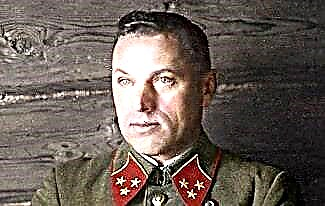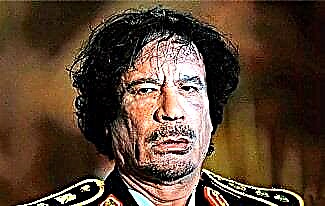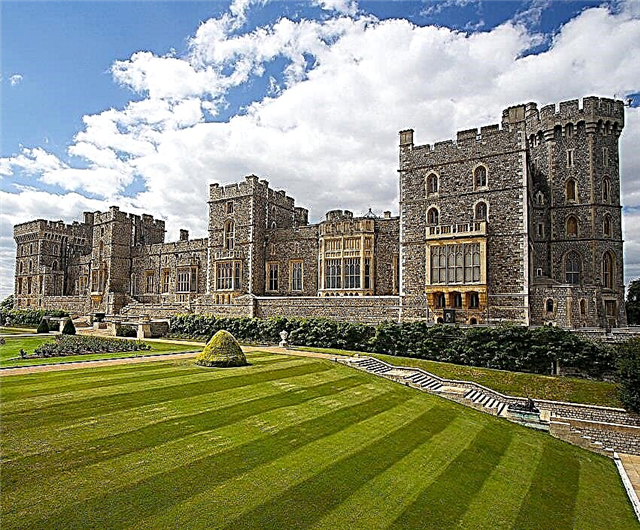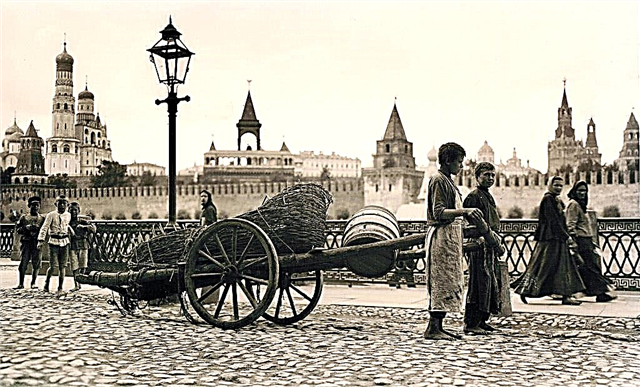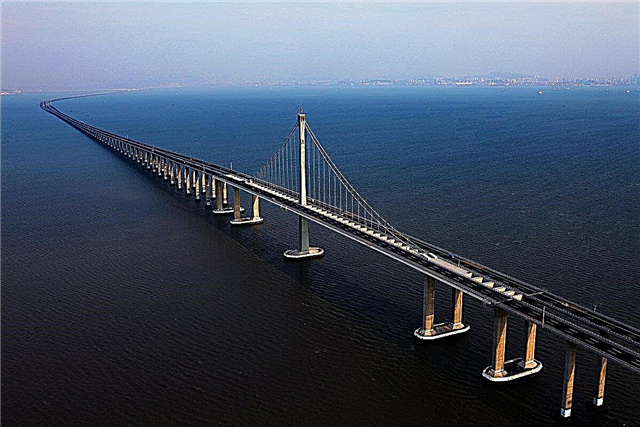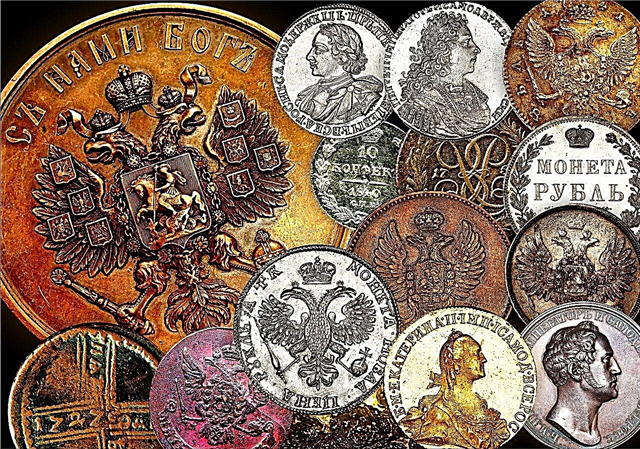Alexander 2 Nikolaevich Romanov - Emperor of All Russia, Tsar of Poland and Grand Duke of Finland. During his reign, he carried out many reforms that affected a variety of areas. In Russian pre-revolutionary and Bulgarian historiography, he is called the Liberator. This is due to the abolition of serfdom and the victory in the war for independence of Bulgaria.
The biography of Alexander 2 contains many interesting facts from personal and political life.
So, before you is a short biography of Alexander Nikolaevich Romanov.

Biography of Alexander 2
Alexander Romanov was born on April 17 (29), 1818 in Moscow. In honor of his birth, a festive salvo of 201 guns was fired.
He was born into the family of the future Russian Emperor Nicholas 1 and his wife Alexandra Feodorovna.
Childhood and youth
As a child, Alexander Romanov studied at home, under the personal supervision of his father. Nicholas 1 paid great attention to the upbringing of his son, realizing that in the future he would have to manage a huge state.

The Tsarevich's mentor was the famous Russian poet and translator Vasily Zhukovsky.
In addition to the basic disciplines, Alexander studied military science, under the guidance of Karl Merder.
The boy had pretty good mental abilities, thanks to which he quickly mastered various sciences.
According to numerous testimonies, in his youth he was very impressionable and amorous. During a trip to London (in 1839), he had a fleeting crush on the young Queen Victoria.
An interesting fact is that when he rules the Russian Empire, Victoria will be on the list of one of his worst enemies.
The reign and reforms of Alexander II
Having reached maturity, Alexander, at the insistence of his father, began to become involved in state affairs.
In 1834, the guy was in the Senate, and then became a member of the Holy Synod. He later participated in the Committee of Ministers.
During this period of his biography, Alexander 2 visited many cities in Russia, and also visited many European countries. Soon he successfully completed military service and in 1844 was awarded the rank of general.

Having become the commander of the Guards Infantry, Alexander Romanov ran military educational institutions.
In addition, the man studied the problems of the peasants, seeing their difficult life. It was then that ideas for a series of reforms matured in his head.
When the Crimean War (1853-1856) began, Alexander II led all the branches of the armed forces located in Moscow.
At the height of the war, in 1855, Alexander Nikolaevich sat on the throne. This was one of the most difficult periods in his biography. It was already clear then that Russia would not be able to win the war.
In addition, the state of affairs was aggravated by the catastrophic lack of money in the budget. Alexander had to develop a plan that would help the country and his compatriots achieve prosperity.
In 1856, by order of the sovereign, Russian diplomats concluded the Paris Peace. And although many of the points of the treaty were not beneficial for Russia, Alexander II was forced to do anything to stop the military conflict.

In the same year, the emperor went to Germany to meet with the monarch Friedrich Wilhelm 4. An interesting fact is that Frederick was Alexander's uncle, on the mother's side.
After serious negotiations, the German and Russian rulers entered into a secret "dual alliance". Thanks to this agreement, the foreign policy blockade of the Russian Empire was ended.
Now Alexander 2 had to settle all internal political affairs in the state.
In the summer of 1856, the emperor ordered an amnesty for the Decembrists, Petrashevists, and participants in the Polish uprising. Then he stopped recruiting for 3 years and eliminated military settlements.
The time has come for one of the most important reforms in the political biography of Alexander Nikolaevich. He ordered to take up the issue of abolishing serfdom, through the landless liberation of the peasants.
In 1858, a law was passed, according to which the peasant had the right to buy out the land plot assigned to him. After that, the purchased land became his personal property.
In the period 1864-1870. Alexander II supported the Zemskoye and City regulations. At this time, important reforms were carried out in the educational sphere. The king also abolished the practice of humiliating corporal punishment.
At the same time, Alexander II emerged victorious in the Caucasian War and annexed most of Turkestan to the country's territory. After that, he decided to go to war with Turkey.
Also, the Russian tsar replenished the state budget by selling Alaska to the United States. Read more about this here.

A number of historians argue that the reign of Alexander II, for all its advantages, had a huge disadvantage: the sovereign adhered to a "Germanophile policy" that ran counter to the interests of Russia.
Romanov was in awe of Frederick, helping him to create a unified militaristic Germany.
Nevertheless, at the beginning of his reign, the emperor carried out many important reforms, as a result of which he was rightfully honored to be called the "Liberator".
Personal life
Alexander 2 was distinguished by his special amorousness. As a young man, he was so much carried away by the maid of honor Borodzina that the girl's parents had to urgently marry her.
After that, the maid of honor Maria Trubetskaya became the new beloved of the Tsarevich. Soon he fell in love again and again with the maid of honor - Olga Kalinovskaya.
The guy liked the girl so much that for the sake of marriage with her, he was ready to abdicate the throne.
As a result, the parents of the heir to the throne intervened in the situation, insisting that he marry Maximiliana of Hesse, who later became known as Maria Alexandrovna.
This marriage turned out to be very successful. The royal couple had 6 boys and 2 girls.

Over time, his beloved wife fell seriously ill with tuberculosis. The disease progressed every day, becoming the cause of the death of the empress in 1880.
It is worth noting that during the life of his wife, Alexander 2 repeatedly cheated on her with different women. Moreover, illegitimate children were born from his favorites.
Widowed, the tsar married 18-year-old maid of honor Ekaterina Dolgorukova. It was a morganatic marriage, that is, concluded between persons of different social conditions.
Four children born in this union did not have the right to the throne. An interesting fact is that all children were born at a time when the sovereign's wife was still alive.
Death
Over the years of his biography, Alexander 2 suffered several assassination attempts. For the first time Dmitry Karakozov encroached on the life of the tsar. Then they wanted to kill the emperor in Paris, but this time he remained alive.
Another assassination attempt took place in April 1879 in St. Petersburg. Its initiators were the members of the executive committee of "Narodnaya Volya". They decided to blow up the royal train, but by mistake they blew up the wrong car.

After that, the protection of Alexander II was strengthened, but this did not help him. When the imperial carriage rode along the embankment of the Catherine Canal, Ignatius Grinevetsky threw a bomb at the horses' feet.
However, the king died from the explosion of the second bomb. The murderer threw her at the feet of the sovereign when he got out of the carriage. Alexander 2 Nikolaevich Romanov died on March 1 (13), 1881 at the age of 62.
Photo of Alexander 2




